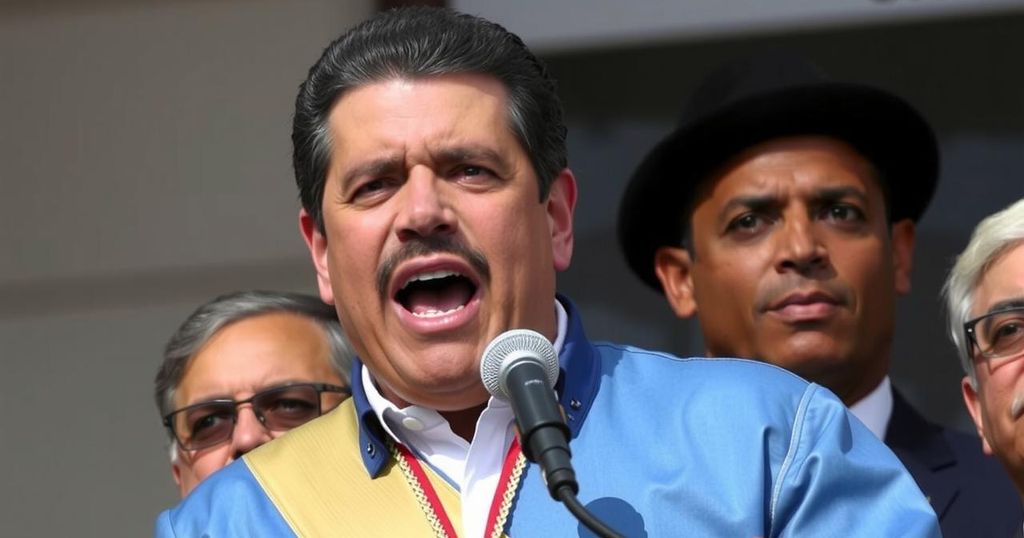Venezuelan President Maduro has been sworn in for a third term following a disputed election. The White House has extended protections for Venezuelans and El Salvadorans in the U.S. The Israeli military has struck targets in Yemen after drone attacks by the Houthis, and the U.S. has imposed new sanctions on Russia’s energy sector.
On Friday, Venezuelan President Nicolás Maduro was officially sworn in for his third term, amidst a backdrop of significant controversy surrounding the recent election. This occurrence has drawn criticism from various international observers who deemed the elections to be marred by discrepancies. Concurrently, the White House announced a continuation of protective measures for over 300,000 Venezuelans and El Salvadorans residing in the United States, reflecting ongoing humanitarian concerns related to their home countries. Furthermore, the Israeli military conducted strikes in Yemen after the Houthi movement launched drone attacks targeting Israel. In related geopolitical developments, the Biden administration has implemented new sanctions targeting the Russian energy sector, signaling a continued stance against foreign aggression.
Venezuela has been embroiled in political turmoil for several years, characterized by economic struggles and a significant exodus of its citizenry. This turmoil has manifested in disputed electoral processes, particularly the recent election that reappointed Maduro amidst allegations of irregularities. The humanitarian crisis has prompted the U.S. government to take measures to protect vulnerable populations from these countries. The context surrounding these events has broader implications on international relations, particularly between the U.S., Israel, and nations involved in regional conflicts.
In summary, the recent developments regarding President Maduro’s inauguration highlight ongoing political instability in Venezuela, compounded by a humanitarian crisis prompting protective actions from the White House for affected nationals. Added to this are military actions in Yemen and the imposition of new sanctions against Russia, indicating a complex geopolitical landscape where nations are responding to acts of aggression and instability.
Original Source: www.thirteen.org






